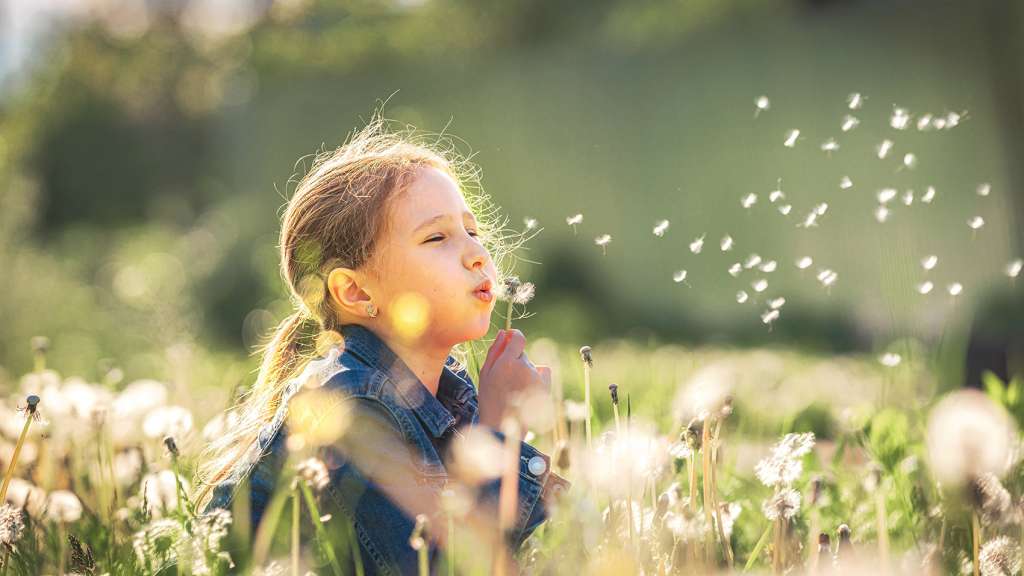In a world often filled with chaos and uncertainty, practicing gratitude can be a beacon of light that guides us through challenging times. Gratitude isn’t just a fleeting feeling of thankfulness; it’s a powerful mindset and practice that can profoundly impact our mental, emotional, and even physical well-being. Let’s delve into what gratitude is, why it matters, and how you can cultivate it in your life.
What is Gratitude?
Gratitude is the practice of recognizing and appreciating the good things in our lives. It involves acknowledging the positive aspects of life—big or small—and feeling thankful for them. It’s about shifting our focus from what we lack to what we have, from complaints to appreciation.

Why Practice Gratitude?
- Boosts Happiness: Grateful people tend to be happier and more content with their lives. By focusing on what’s going well, rather than what’s going wrong, you can cultivate a more positive outlook.
- Improves Mental Health: Research shows that gratitude can reduce feelings of envy, resentment, and bitterness. It promotes resilience in the face of adversity and helps manage stress and anxiety.
- Strengthens Relationships: Expressing gratitude towards others can strengthen relationships and foster a sense of connection and empathy. It builds a positive cycle of mutual appreciation and support.
- Enhances Physical Health: Gratitude is linked to improved physical health outcomes, including better sleep, reduced blood pressure, and a stronger immune system. When we feel good mentally and emotionally, our bodies benefit too.

How to Cultivate Gratitude
- Keep a Gratitude Journal: Take a few minutes each day to write down things you’re grateful for. They can be simple joys like a sunny day, a delicious meal, or a kind gesture from a friend.
- Practice Mindfulness: Being present in the moment and noticing the good things around you can amplify feelings of gratitude. Mindfulness meditation can help you cultivate awareness and appreciation.
- Express Appreciation: Take time to thank others for their kindness and support. Whether through a heartfelt note, a phone call, or a simple “thank you,” expressing gratitude strengthens relationships and spreads positivity.
- Shift Perspective: When faced with challenges, try to find lessons or silver linings. Even difficult experiences can offer opportunities for growth and learning.
- Count Your Blessings: Instead of focusing on what you lack, focus on what you have. Develop a habit of counting your blessings regularly, and you’ll start to notice more reasons to be grateful.
- Create Rituals: Incorporate gratitude into your daily routines. For example, share a gratitude list with your family at dinner or reflect on what you’re thankful for before bed.
Embracing a Grateful Lifestyle
Gratitude is a mindset that can be cultivated with practice and intention. It’s about choosing to see the good in every situation, no matter how challenging it may be. By incorporating gratitude into your daily life, you can experience a profound shift in perspective and a greater sense of fulfillment.
As we navigate the ups and downs of life, let’s remember the transformative power of gratitude. It’s not about denying difficulties or pretending everything is perfect; rather, it’s about finding strength and joy in the midst of life’s complexities. So, take a moment today to pause, reflect, and appreciate the blessings that surround you. Embrace gratitude as a pathway to happiness, resilience, and a more meaningful life.

